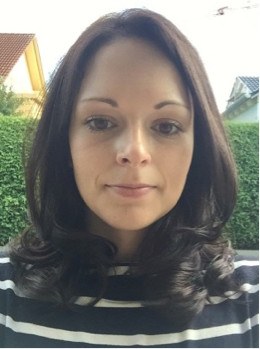Renate Maier
|
|
Role of peroxin phosphorylation in peroxisome biogenesis
Principal investigator: Prof. Dr. Bettina Warscheid Institut für Biologie II Phone: +49 (0) 761 203 2811 |
Abstract
Peroxisomes are single membrane-bound organelles which are found in almost all eukaryotic cells. They differ in size, number and shape depending on the organism, environmental conditions and cell types. Degradation of H2O2 and fatty acid β-oxidation are common metabolic functions which can be found in peroxisomes of different species. Moreover, it is known that peroxisomes are involved in many species and tissue-specific metabolic activities, for examples the synthesis of antibiotics or plasmalogens. Functional peroxisomes are very important for the human health and development, as several severe diseases, like the Zellweger syndrome, are caused by mutations in genes coding for peroxisomal proteins.
Import of nucleus-encoded peroxisomal matrix proteins is essential for the biogenesis and functions of peroxisomes. Pex14p is a crucial component of peroxisomal matrix protein import pores in S. cerevisiae, enabling the translocation of matrix proteins across the peroxisomal membrane5,6. The import of matrix proteins is a highly complex process that needs tight regulation. We addressed the question if phosphorylation of Pex14p plays a role in regulating peroxisomal matrix protein import and studied Pex14p phosphorylation in S. cerevisiae.
Methods
- Molecular biology and yeast genetics
- Yeast cultivation
- Affinity purification
- Basic biochemistry
- Mass spectrometry
- Fluorescence microscopy




